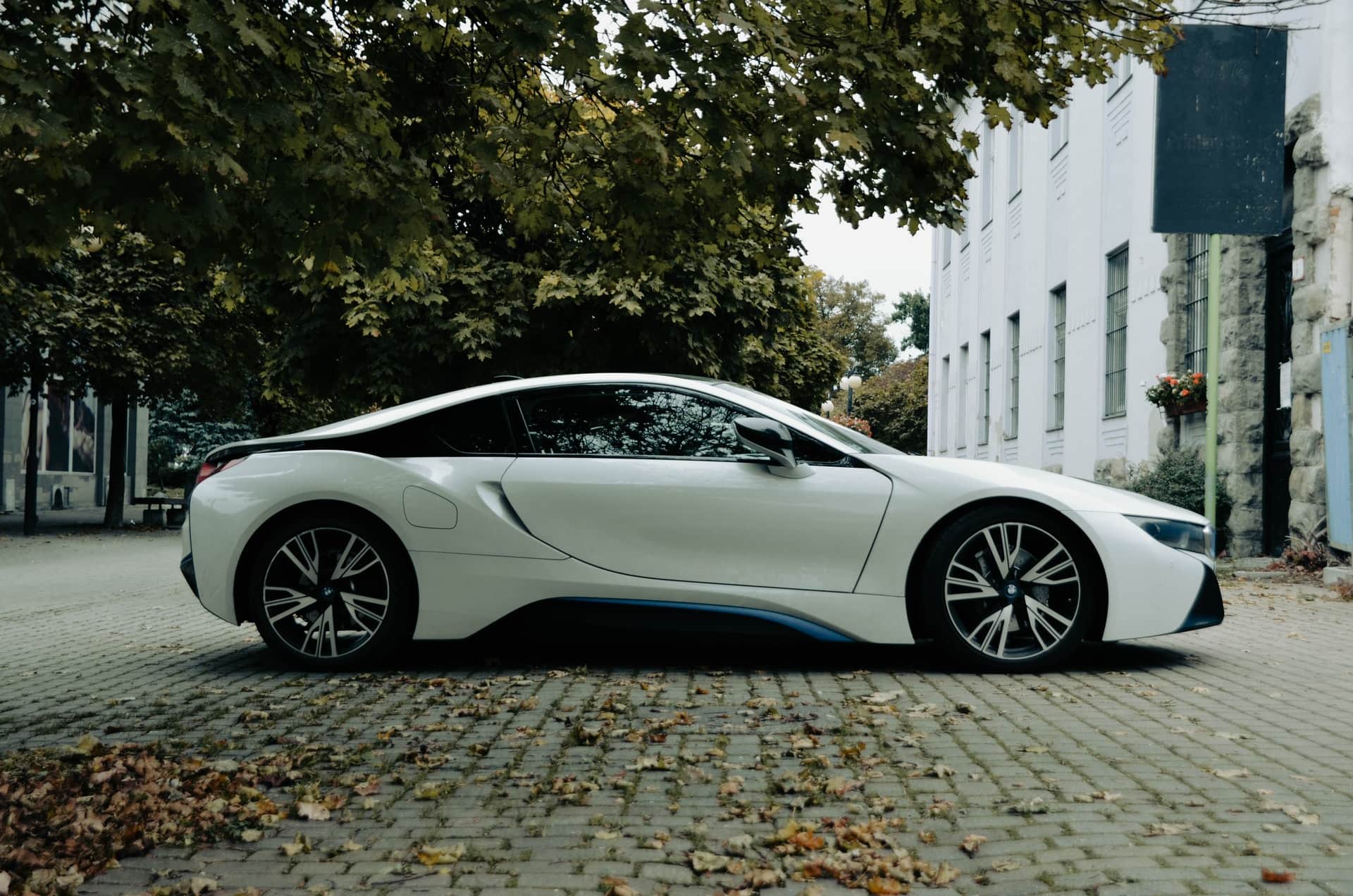Electric cars do not emit polluting gases. They do not make noise, and they have minimal maintenance costs and many benefits when driving in traffic due to their zero emissions.
What exactly is an electric car?
Electric cars are vehicles powered by one or more electric motors that use the energy stored in a battery. They are silent and do not pollute; you only need a cable and a plug to recharge the battery. You can move around the city without fear of polluting with an electric vehicle.
Electric cars do not emit polluting gases. They do not make noise, and they have low maintenance costs and many benefits when driving in traffic due to their zero emissions.
Electric cars are powered by one or more electric motors that use the energy stored in a battery. They are silent and do not pollute; you only need a cable and a plug to recharge the battery. You can move around the city without fear of polluting with an electric vehicle.
Advantages of owning an electric car
100% electric vehicles are the models that have the most significant advantages, especially in terms of use and circulation. These include:
- Full EVs have zero exhaust emissions. This means they do not release toxic emissions or carbon dioxide. However, they still cause some particulate matter (PM) from wear on the brakes and tyres.
- Many councils across the UK offer free or heavily discounted parking in council car parks with no time limit.
- An electric car can always access the centre of cities, even when anti-pollution protocols are in place.
- Electric vehicles have a reduction in the rates of some road tolls in Europe.
- An electric car is exempt from road tax.
- There are thousands of free EV charging points in the UK, located in shopping centres, public car parks, supermarkets, hotels, and occasionally petrol stations.
- An electric vehicle has a low maintenance cost. Engine check-ups practically disappear as there is no oil to change or filters, etc.
Driving an electric car
Electric cars have become quite a common sight in the UK. They drive pretty much the same as any car and already have an almost conventional brake feel. These days, they are more pleasurable to drive for several reasons. One is acceleration: electric motors offer instantaneous maximum torque, being very reactive cars. Another, of course, for the excellent comfort generated by moving in absolute silence. Driving an EV generates relative peace and tranquillity, something that today and especially for those stuck in urban traffic, is appreciated.
EV charging points
If you decide to buy a 100% electric car, it is helpful to consider two key fundamental questions before buying: How often will you use it? That is to say, the approximate daily mileage. And where are you going to park it? Ideally, you should have a wall-mounted recharging point for your electric car at your home. If you live in a block of flats and will park your car on the street, it will be more complicated to charge it, and you may have to rely on the public charging network.
How an EV works
The electric motor is the most common, the most produced machine globally. A mid-range car can contain all sorts of electric components of all sizes. However, cars that use electricity to move the car are still a novelty. The engine in an electric car is simple and very efficient, and you do not need to change gears. They work with high voltages.
The car batteries go under the floor, between the axles, providing a high centre of gravity. The batteries are not old-fashioned heavy lead ones, but lithium ones, light, like those of a mobile phone. However, they are somewhat heavy because their electricity storage capacity is much greater. It is necessary to accumulate a lot of electricity to have sufficient mileage before each recharge (the norm was around 80 miles range, but now some models will drive 500 miles before a recharge is necessary.








